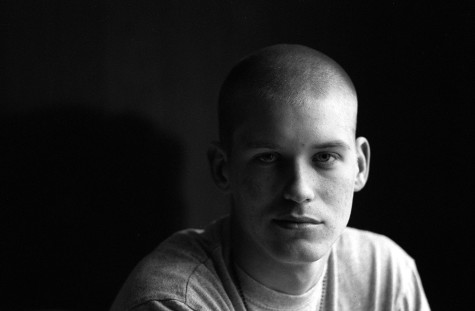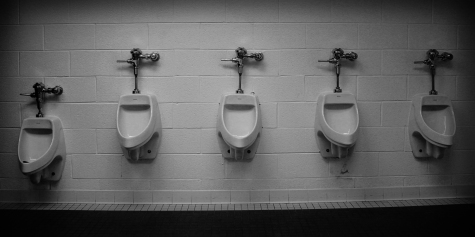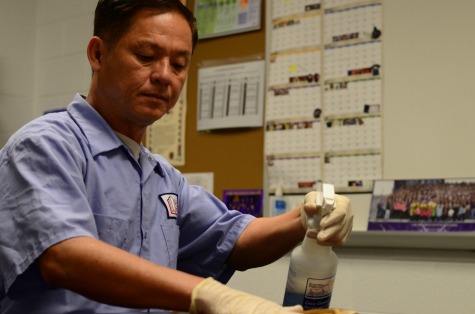Failed protests challenge students’ rights
After dozens of complaints from parents and teachers, according to the administration and Principal Thomas, LB officially instituted an assigned Bruin Block system for the high school in 2014-2015 school year. Students immediately objected to the new system, and some began making plans to protest the new initiative.
“We [the students setting up the protest] were devising a plan to eliminate the dreaded curse of assigned Bruin Block,” senior Luis Baires said. “It causes nothing but problems…We decided to wear white T-shirts and peacefully walk out into the hallway [and stage a sit-in] during Bruin Block. This protest was only intended to demonstrate against the oppression we felt.”
Senior Paul Barnhill and I scheduled a meeting with Principal Thomas, in order to discuss the protest. This was in accordance with the mandate of the landmark Supreme Court case Tinker v. Des Moines, which established students’ right to free speech under certain constraints. Sadly, the administration shot down the plan, claiming that it would be disruptive.
While the protest was ultimately canceled, it did succeed in raising questions about students’ rights to free speech and their right to protest in particular. While many were disappointed with the administration’s decision, ultimately they agreed with it, saying that it would have been disruptive and students’ rights necessarily need to be curbed when education is disrupted.
“I fully agree that students should be allowed to express themselves, as long as it is not harmful or disruptive to others,” senior Bryant Farley said.
At the same time, some believed that student protests, like the one planned earlier this year, are doomed to fail anyway.
“I don’t really believe that student protests really have an effect on big issues like late start times since administrators…are going to do things the way they see fit,” said senior Hannah Lockuff.
Yet others believe that the moratorium on “disruption” defeats the entire purpose of a protest and is a grievous violation of free speech.
“I believe in students exploring their right to self expression and having their voices heard against the multitudes of injustice surrounding them globally and locally,” senior Liam Finn said. “And protest is inherently disruptive; if it wasn’t, then it wouldn’t be a protest.”
It can’t be denied that a student’s right to free speech is a potent issue, not only when it comes to local issues like Bruin Block or late start times, but with national issues as well. Students need to be able to speak their minds about the issues facing this country.




